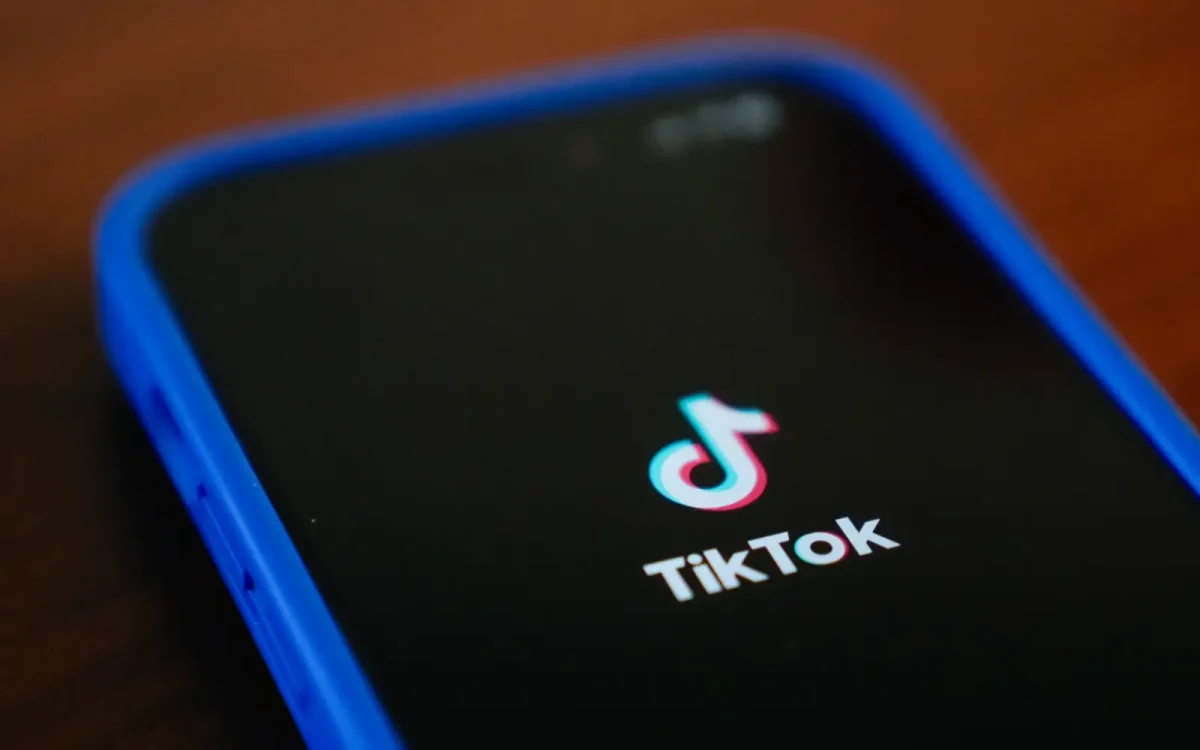On Jan. 17, the U.S. Supreme Court, in TikTok, Inc. v. Garland, upheld federal law banning the highly popular social media platform TikTok. The app was shut down, sending users into a frenzy. Various Tulane University students, in shock, posted on their Instagram and Snapchat lamenting the news. Days later, President Donald Trump paused enforcement actions related to the ruling.
With a grace period of less than three months, the future of TikTok is uncertain. As such, Tulane students should advocate for their right to free expression and view creative content.
It is rare in the United States for free speech to be targeted. In a democratic society, the free exchange of ideas is integral. Restricting this exchange is undemocratic and authoritarian. The government may have necessary and justified regulations for safety and security reasons, but those are few and far between.
According to professor of politics and judiciary expert Nancy Maveety, the court’s central debate was strict vs. intermediate scrutiny, a constitutional test. Scrutiny tests conducted by the court analyze the validity of a governmental restriction. In TikTok, Inc. v. Garland, the restriction of TikTok listed out in the Protecting Americans from Foreign Adversary Controlled Applications Act is being weighed against TikTok’s alleged freedom of speech — First Amendment — violation.
The justices pushed back against applying a looser constitutional standard to evaluate the ban, citing the law targeted the application rather than the speech. According to Maveety, Justice Gorsuch was heard saying that “even if strict scrutiny was applied, the statute would have survived,” as the interest of national security was narrowly tailored. Furthermore, the opinion issued was per curiam, an opinion from the entire court, rather than written by a single justice. Maveety stated that per curiam opinions were relatively uncommon and done when the court wanted to “speak affirmatively.”
Although the court acted unanimously, upholding a major blow to such an important part of American culture should be done more cautiously. The president seeking an injunction, essentially pausing the decision’s enforcement, demonstrates the need to review the issue carefully.
The public should not be idle. TikTok has been an avenue of creativity and an integral part of youth culture. Cutting it out of users’ lives without considering any alternatives is undemocratic. Student users should advocate for the app by contacting lobbying members of U.S. Congress. Doing so puts pressure on those in power, driving action instead of letting a powerful few decide TikTok’s fate. The government should not fail to neglect the interest of its voters.
Although Trump’s executive order defied the court’s decision by pausing the U.S. Department of Justice’s enforcement actions for 75 days, Americans should not rely on his efforts. His interest may not be in protecting free expression and should not be praised solely on this one decision. Trump’s order to temporarily protect TikTok is inconsistent with his previous attempts to ban the platform. In 2020, Trump signed an executive order issuing sanctions against TikTok, potentially rendering it unfunctional at the time.
The only real way to guarantee TikTok’s existence in the future is if those in power understand the value the app brings to society. While individual users can only wait for a final decision to be made, pressuring the legislature as well as interest groups pursuing judicial advocacy might help prevent another surprise, such as the one on Jan.17.



